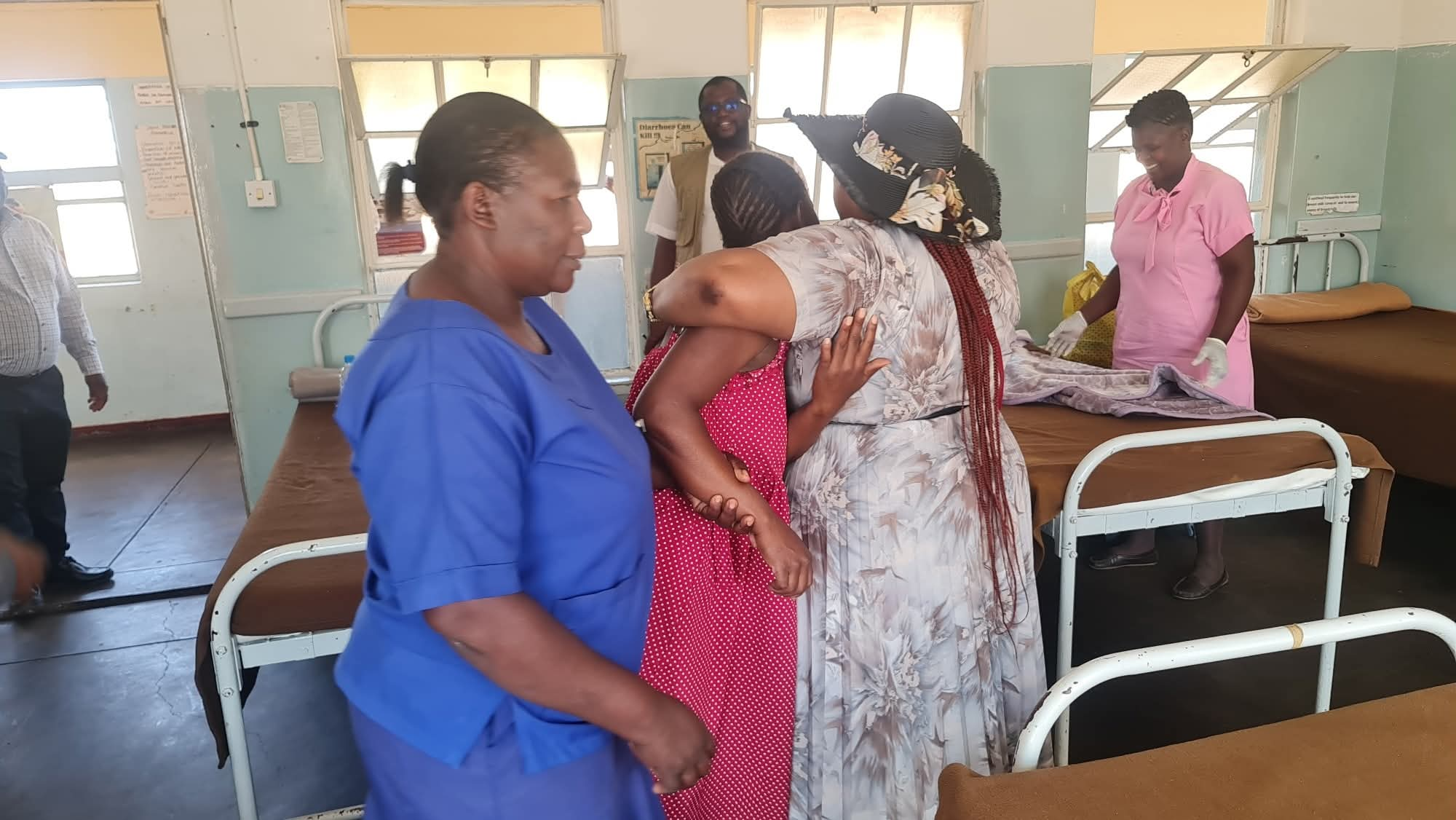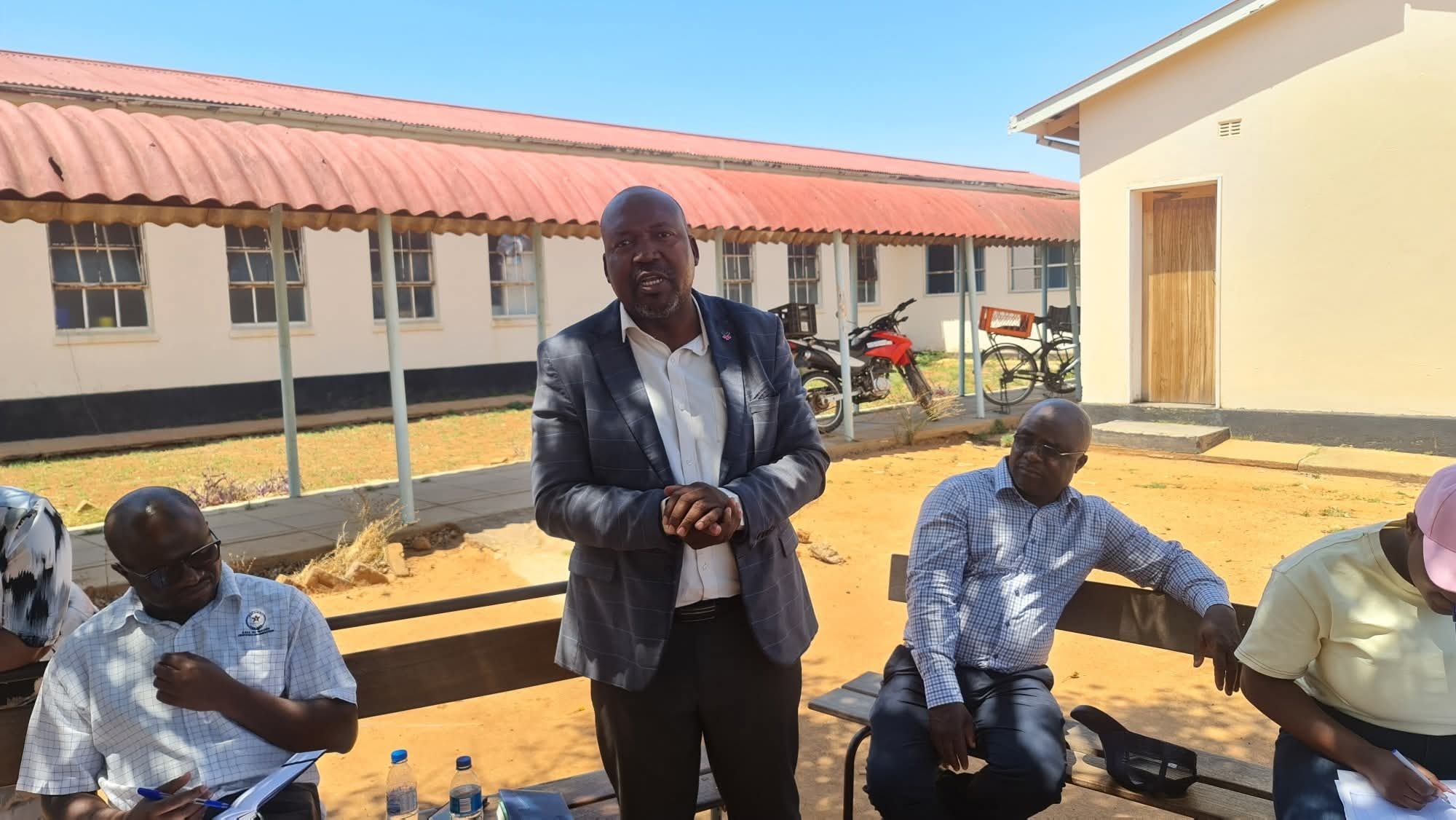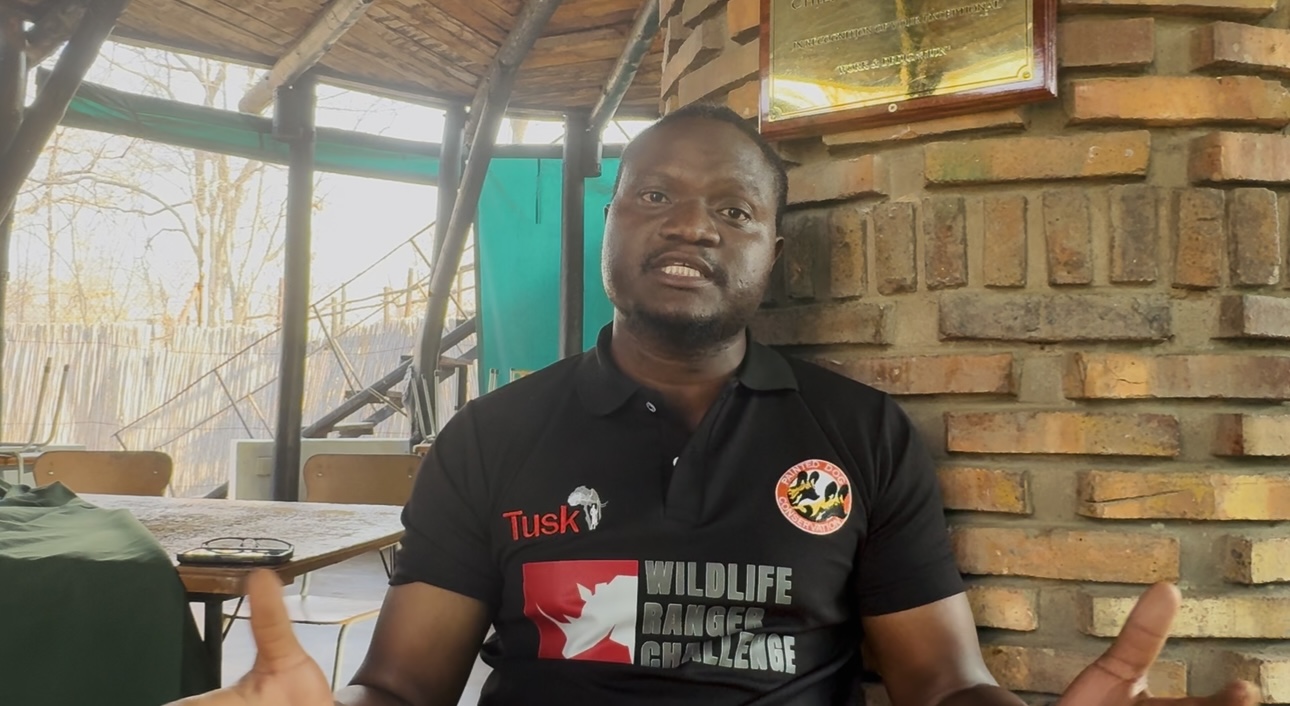BY ZLHR
More than 10 Nkayi villagers have asked Zimbabwe Republic Police (ZRP) authorities to take remedial action against some delinquent police officers, who ill-treated them by severely assaulting them and coercing them to sing some liberation songs.
The 11 villagers, who reside in Tshayane village in Ward 6 in Nkayi in Matabeleland North province, who, include three teenagers, namely Siphiwe Sibanda aged 18 years, Bekithemba Lunga aged 19 years and a 13 year-old minor and Philemon Ncube aged 21 years, Precious Nkiwane aged 25 years, Mxolisi Ncube aged 27 years, Sitshengisiwe Tshuma aged 38 years, Siphiwe Ncube aged 45 years, Douglas Lunga aged 46 years, Rueben Ncube aged 52 years and Chiedza Takaendesa aged 55 years, were left nursing some injuries after they were severely assaulted by seven ZRP officers from Manoti Police Station in Gokwe in Midlands province, who went on a rampage on 14 July 2024.
In a letter of complaint written to the Officer In Charge of Manoti Police Station by the Nkayi villagers’ lawyers Jabulani Mhlanga and Prisca Dube of Zimbabwe Lawyers for Human Rights, the villagers protested against the conduct of the police officers for conducting a violent operation across three homesteads belonging to the Sibanda, Ncube, and Lunga families, under the pretext of investigating a case of alleged theft of diesel belonging to Oscar Mawarire, local entrepreneur.
Mhlanga and Dube stated that the ZRP officers, who were armed with a rifle, truncheons and whips, unlawfully assaulted the villagers including a minor, using excessive force and without just cause.
In addition, Mhlanga and Dube stated that the villagers were coerced into singing some liberation songs in Shona language and were further assaulted for allegedly failing to sing the songs correctly.
The ZRP officers, Mhlanga and Dube said, rummaged through the villagers’ homesteads even though they did not have search warrants authorising their actions and proceeded to seize various tools from the homesteads, alleging that they were weapons that were used by the villagers in committing some criminal activities.
The human rights lawyers said although Mawarire, who is the complainant in the matter, informed the ZRP officers that the villagers were not the people whom he suspected of stealing his diesel, the law enforcement agents insisted on arresting the villagers and subsequently, seven of them were arrested and taken to a police post located at Kana Mission.
The villagers, Mhlanga and Dube said, were not given an opportunity to wear their shoes or warm clothing and neither were they informed of their rights at the time of being apprehended.
The ZRP officers reportedly threatened to make an example of the villagers in order to deter “Ndebele thieves” from crossing into “Shona territory” and were once again subjected to further physical abuse and forced to sing more liberation songs.
At the police base, the villagers were made to sleep on concrete floors, without the provision of blankets and with no ablution facilities, with men being handcuffed to each other.
The villagers were all released on 15 July 2024 after being ordered to pay US$30 each per person by a police officer, who only identified himself as Dube but were not issued with any receipts acknowledging payment of what was supposed to be an admission of guilt fine and were also not furnished with some request for medical report forms in order for them to seek medical attention at government-run medical facilities.
The villagers only received medical treatment for their injuries at a private medical facility and afterwards engaged Mhlanga and Dube, who on 1 August 2024 wrote a letter of complaint to the Officer in Charge of Manoti Police Station demanding that the law enforcement agency conduct an investigation into the ill-treatment and assault of the Nkayi villagers and take remedial action against the perpetrators of such brutality.
The human rights lawyers protested against the violation of the villagers’ fundamental rights including the right to liberty, right to dignity, the right to bodily and psychological integrity, protection from cruel, inhumane or degrading treatment and the right to equality and non-discrimination, all enshrined in the Constitution.
The conduct of the ZRP officers, Mhlanga and Dube said, amounts to a serious breach of their constitutional mandate and hence the perpetrators of the brutal assault of the villagers should be prosecuted to the fullest extent of the law.


 Slider3 years ago
Slider3 years ago
 National4 years ago
National4 years ago
 Tourism and Environment4 years ago
Tourism and Environment4 years ago
 Opinion4 years ago
Opinion4 years ago
 Special reports4 years ago
Special reports4 years ago
 National4 years ago
National4 years ago
 National3 years ago
National3 years ago
 National3 years ago
National3 years ago



